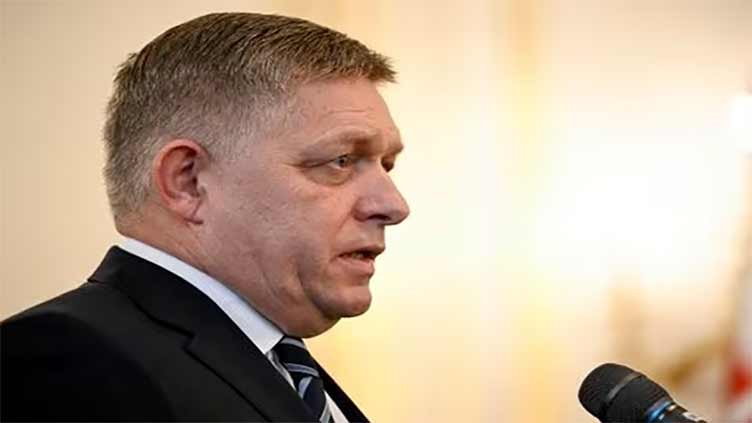New Slovak government eyes tax, spending hikes, slow deficit reduction

Business
New Slovak government eyes tax, spending hikes, slow deficit reduction
(Reuters) - Slovakia's new government plans to raise multiple taxes, including on banks, to fund pension and other spending rises and slowly cut the euro zone's highest budget deficit under a programme approved by the cabinet on Monday.
Leftist Robert Fico became prime minister for the fourth time last month after winning an election in which he took aim at critical media, Western partners and liberal policies and pledged to end military support for Ukraine.
Fico, who has formed a coalition with smaller leftist and nationalist parties, plans to present the programme to parliament on Tuesday for a confidence vote in his government.
The programme promised a special tax on banking profits and measures to cut interest rates on mortgages. Special levies will be designed for excessive profits in other unspecified sectors.
The programme also set out plans for increasing tax levels for higher earners, on real estate -- especially second and third homes -- and on alcohol and tobacco. The government will also consider a tax on sweetened drinks.
The goal is to help fund a slow consolidation of the public budget as the budget gap is expected to be nearly 7% of gross domestic product.
"In 2024, the reduction of the general government deficit will amount to 0.5% of GDP, to ensure that the living standards of the population, which are among the lowest in the European Union, do not deteriorate further," the programme said.
Despite the high deficits, the government pledged to establish an extra 13th month in pensions, above a small extra annual payment currently.
Social Affairs Minister Erik Tomas said the government would give a one-off 150-euro ($160) benefit to each pensioner this year.
Fico said at the weekend the government would give a tax break worth up to 1,800 euros to households whose saw their mortgage interest jump this year, and the government will cover some interest rate costs as of 2024.
The programme reiterated Fico's pledge to halt Slovakia's official military aid to Ukraine and seek a cessation of hostilities, while recognising Ukraine's international borders.
It also reiterated opposition to an end of national veto rights of European Union member states, or a move towards majority voting in more areas.


